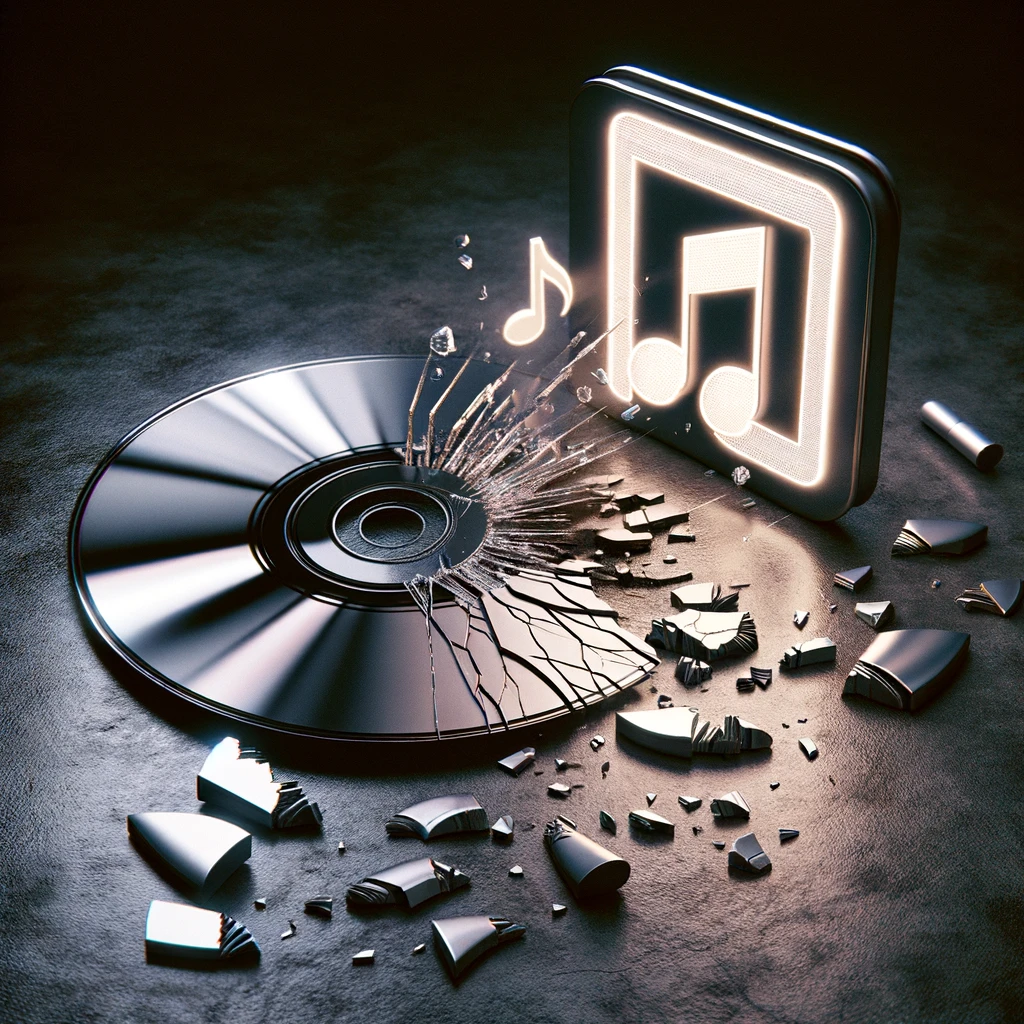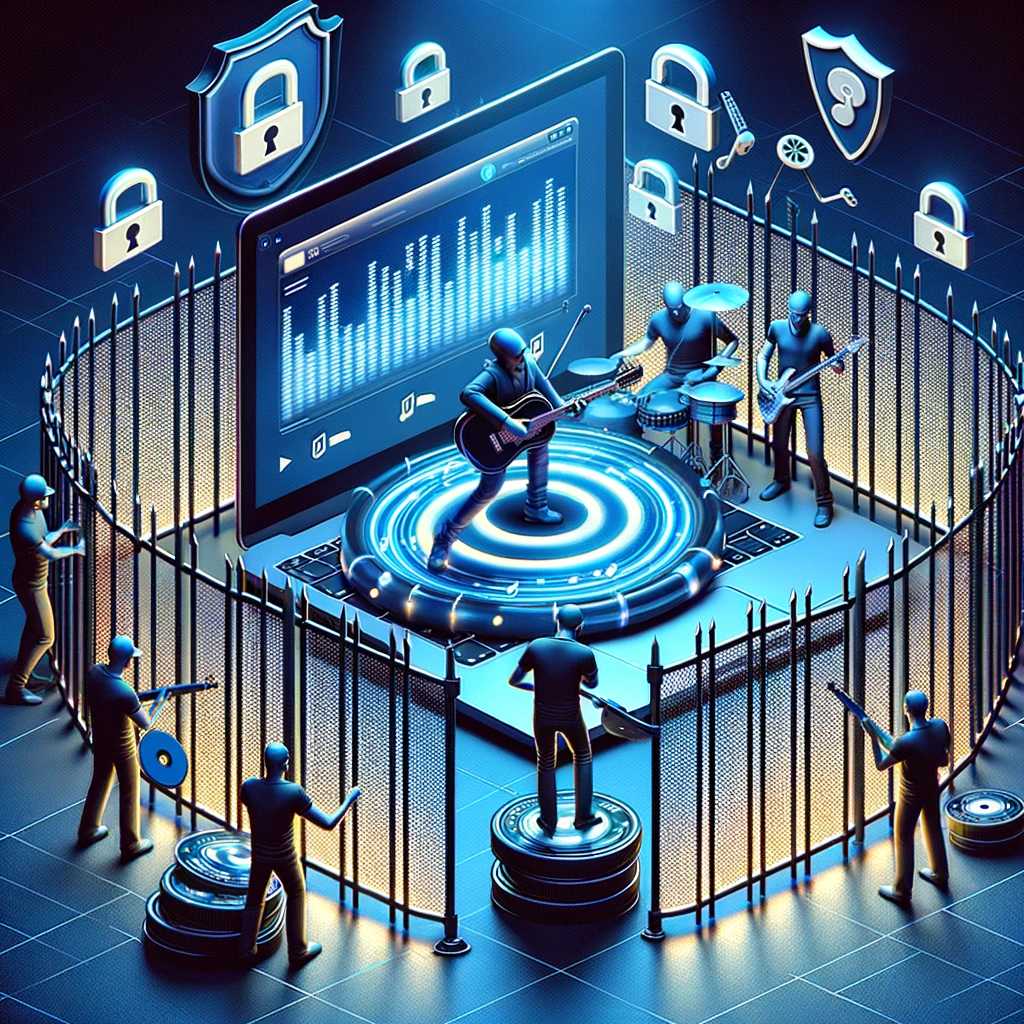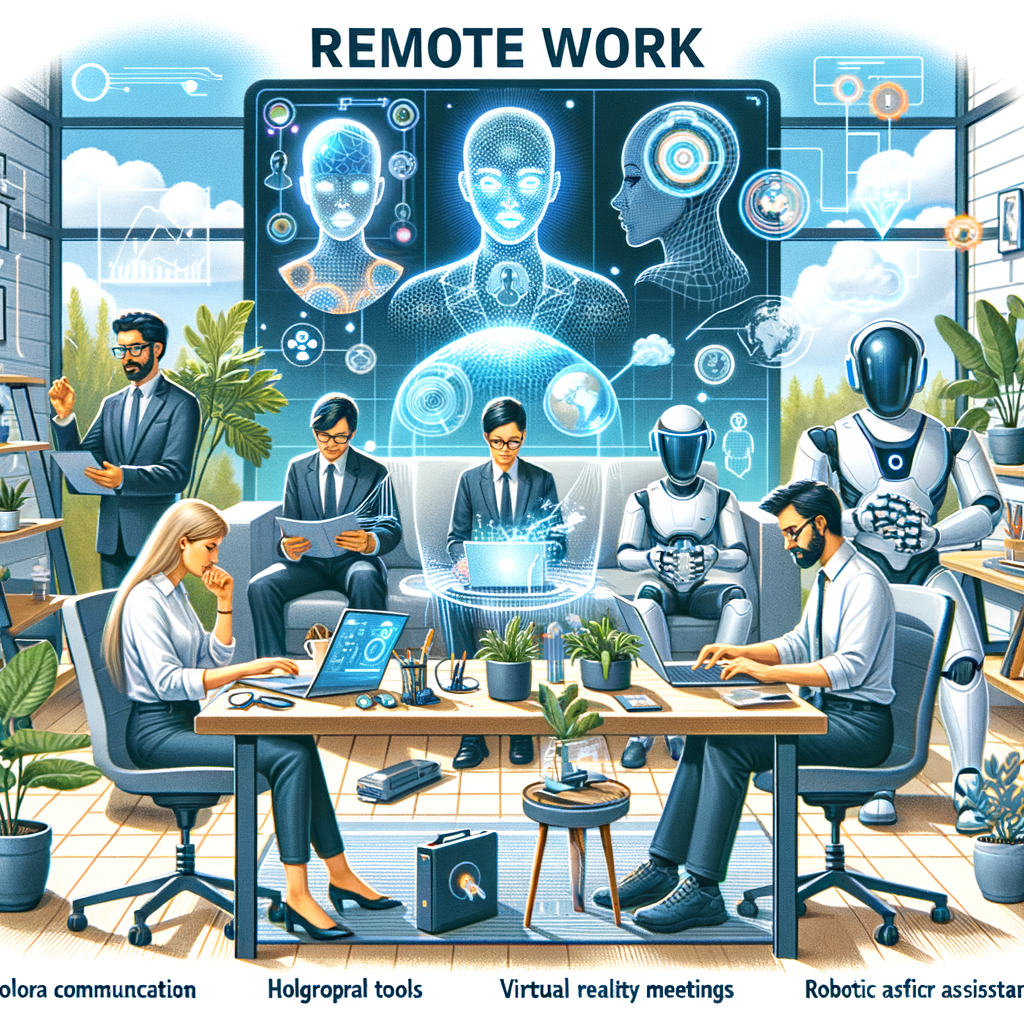
In our increasingly interconnected world, online piracy presents a significant challenge, especially for the music industry. Brandon Gaille (2017) highlights the gravity of this issue, noting that the music industry loses over $12.5 billion annually due to piracy. This discrepancy between online behavior and real-world ethics is profound; many who wouldn’t dream of physically stealing a CD seem to have fewer reservations about downloading music illegally.
The Paradox of Digital Ethics
There’s an intriguing ethical paradox at play. The same individuals who uphold principles of honesty and integrity in their daily lives often participate in online piracy, overlooking the fact that intellectual property laws still apply in the digital realm. Our latest album, “Songs of Piracy,” unfortunately, became a victim of such piracy, leading to substantial revenue losses.
Taking a Stand Against Piracy

To address these challenges and safeguard our work, we’ve decided to implement several measures:
- Restricting digital sales to full albums only, removing the option to purchase single tracks on platforms like Amazon, Google Play, or iTunes.
- Issuing takedown notices to file-sharing sites and streaming services that host our copyrighted material without authorization.
- Introducing a new line of apparel for sale at concerts and select retailers to diversify revenue streams.
- Increasing ticket prices for our concerts to compensate for the anticipated shortfall in album sales revenue.
These actions are guided by crucial legislation designed to protect artists and their creations:
- Digital Millennium Copyright Act (DMCA): Enacted to align U.S. copyright laws with the WIPO Copyright treaty, the DMCA offers a safe harbor for online service providers, assuming they take proactive steps to prevent access to pirated content. It also allows for legal action in federal court, with penalties reaching up to $500,000 for first offenses Digital Millennium Copyright Act, 1998.
- Copyright Act of 1976: This act outlines the rights of copyright holders and introduces the concept of “fair use” Public law 94-553, 94th Congress.
Conclusion
As we navigate the challenges posed by online piracy, it’s essential to remind ourselves and our fans that ethics don’t vanish behind screens. Protecting intellectual property in the digital age requires both legal measures and a collective commitment to respect the creative labor of artists. Our actions reflect a broader fight for the rights of creators everywhere, ensuring that the music industry can continue to thrive in the face of technological advancements and changing consumption habits.






